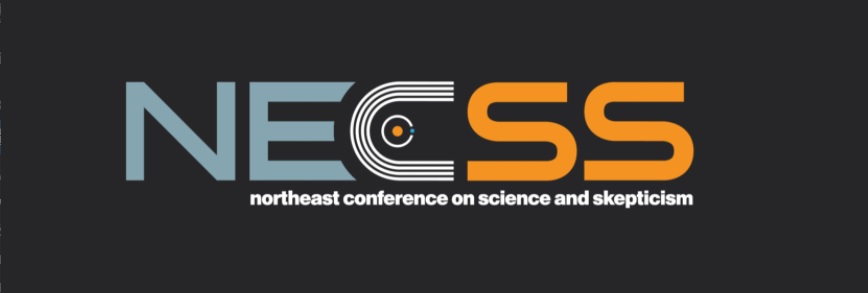NECSS – The Northeast Conference on Science & Skepticism produced by New York City Skeptics, the New England Skeptical Society, The Skeptics’ Guide to the Universe, and The Society for Science-Based Medicine is a science and critical thinking conference held annually in New York City. NECSS welcomes leading scientists, educators, activists, and artists who educate and engage conference attendees through individual presentations, panel discussions, workshops, and performance pieces. NECSS is as much a meeting of minds as it is a conference, and social events and mixers are organized throughout the weekend to allow attendees the opportunity to mix and mingle in a friendly, relaxed atmosphere.
STACEY FINLEY, PHD
Associate Professor, Biomedical Engineering at the University of Southern California
GEORGE M. CHURCH, PHD
Professor of genetics at Harvard Medical School
IMARI WALKER
Environmental Engineering PhD Candidate at Duke University
DR. LEENA TRIPATHI
Plant Biotechnologist
SARAH NOBLE, PHD
Program Scientist in the Planetary Science Division at NASA Headquarters
DR. ROBERT M. LEVY, MD, PHD
President of the International Neuromodulation Society (INS)
DR. JACOB BLEACHER
Chief Exploration Scientist in NASA’s Advanced Exploration Systems (AES) Division
PAUL A. OFFIT, MD
Director of the Vaccine Education Center at the Children’s Hospital of Philadelphia
KEVIN M. FOLTA
Professor Horticultural Sciences Department & Graduate Program in Plant Molecular and Cellular Biology
PETER ETCHELLS
Psychologist and Science Communicator





